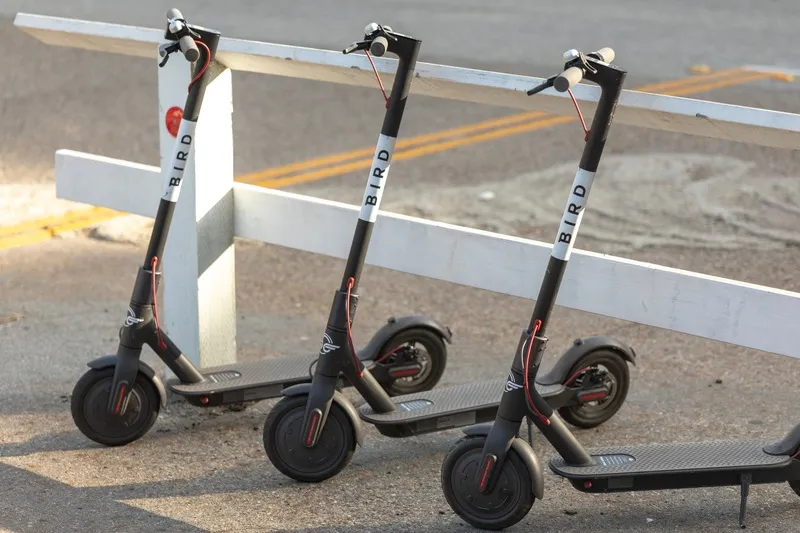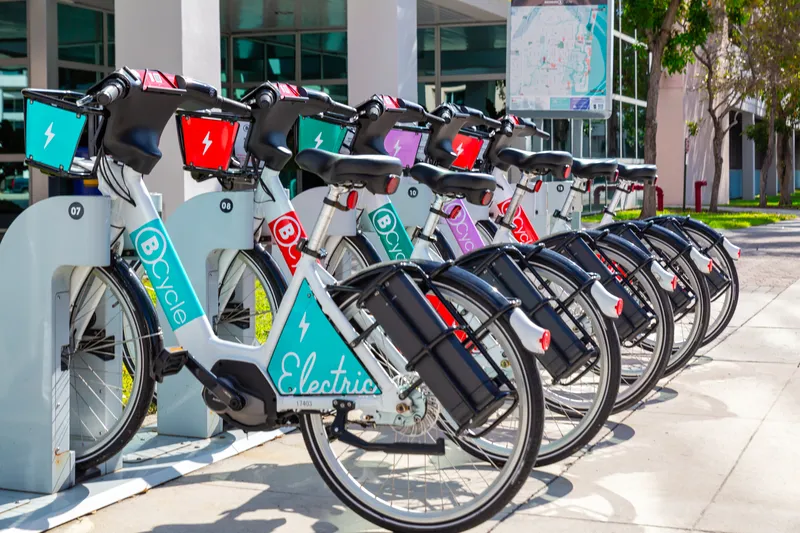
Bird, Lime and Spin are to operate up to 10,000 e-scooters between them in Chicago as part of a four-month pilot which runs to the middle of December.
Each company will be permitted to deploy up to 3,333 scooters throughout the city for use between 5am and 10pm - although they will not be allowed to operate on the Lakefront Trail, the Central Business District and the Bloomingdale Trail (The 606).
The firms will have to make at least 50% of their fleets available within an 'Equity Priority Area' and - in a bid to avoid the pavement clutter which has blighted other dockless scooter ventures - all vehicles must be equipped with locks which require riders to attach them to a fixed object to end their trip.
City authorities says the 2020 pilot will be used "to better understand how shared e-scooter operations function in Chicago, to have conversations with and receive feedback from residents, and to help determine if the service should be permitted to operate in Chicago in the future".
Meanwhile, Bird on its own has started a pilot as the first e-scooter operator in New York.
It will operate in Yonkers, 10 miles north-east of Manhattan, following New York City Council's decision to allow electric micromobility vehicles.
"Yonkers residents are adopting more socially-distant transportation habits in the wake of Covid-19," said Rebecca Hahn, chief corporate social responsibility officer at Bird. “We’re looking forward to providing a safe and sustainable way for them to stay mobile and support local businesses as the city continues to recover and rebuild.”
Yonkers was one of the first cities in New York to introduce dockless bike-share, and Mayor Mike Spano said: “Partnering with Bird will provide residents and visitors the opportunity to travel our city with ease and convenience all while being affordable, reliable and fun.”
Last month the UK government approved Bird One e-scooters for use in London trials, although they were first ridden in London’s Queen Elizabeth Olympic Park in 2018.
The first Bird e-scooters were launched in Santa Monica in September 2017.









